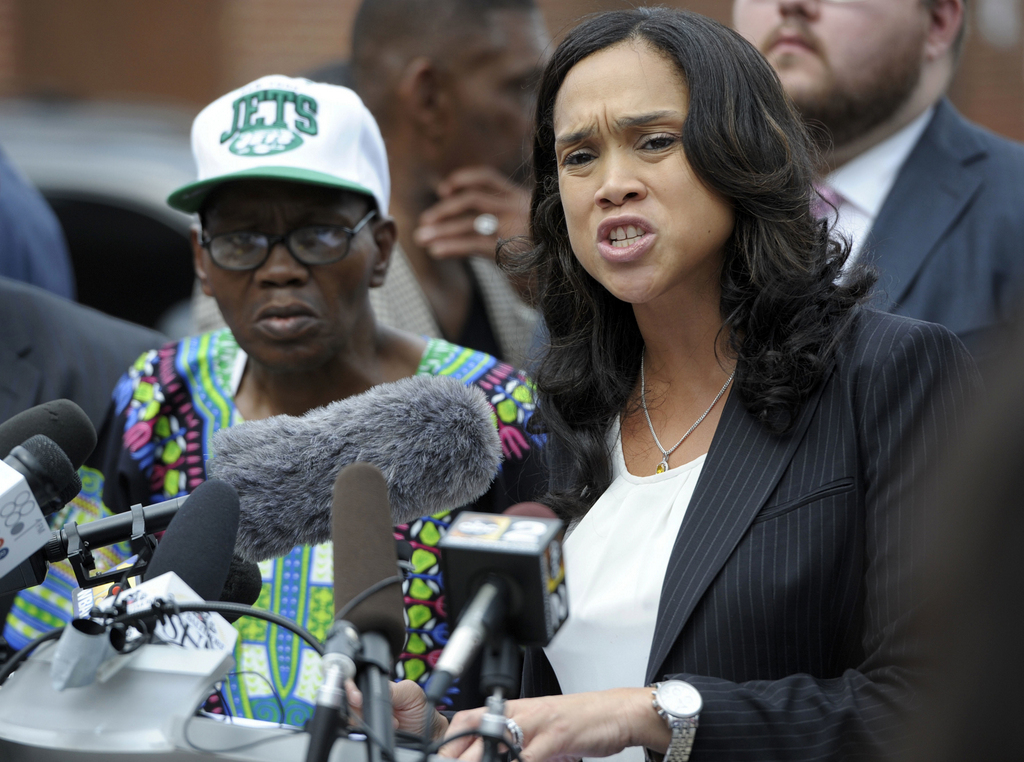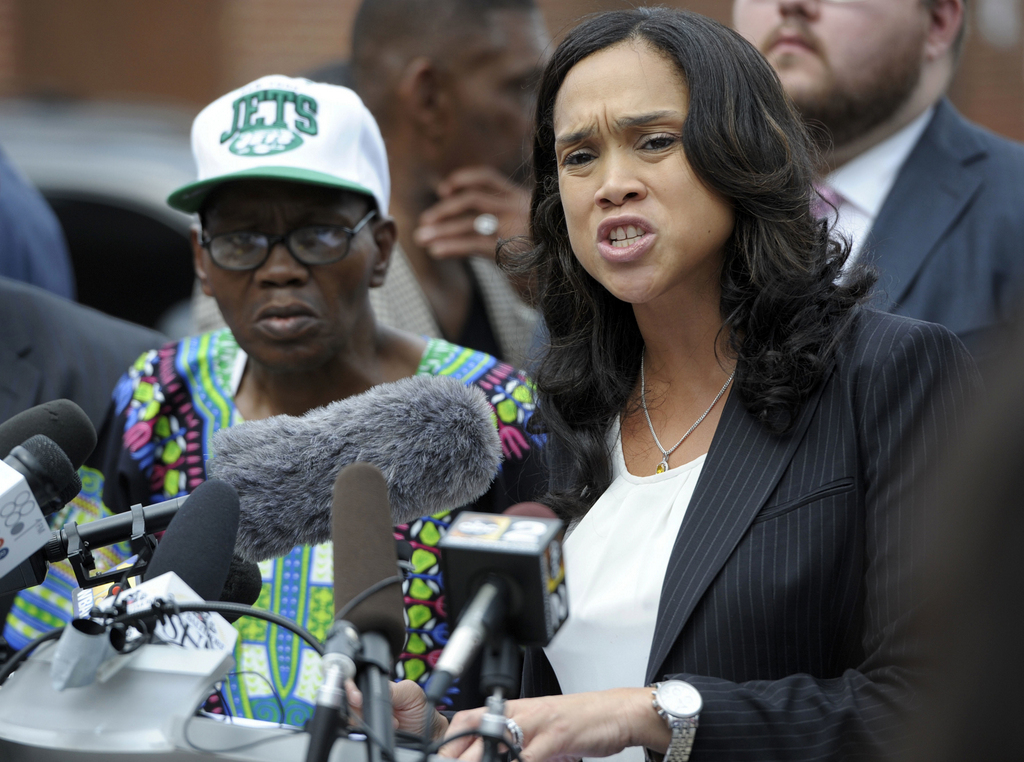[ad_1]
By Sean Yoes, Baltimore AFRO Editor, [email protected]
Five of the six officers indicted in the death of Freddie Gray in April 2015 attempted to sue Baltimore City State’s Attorney Marilyn Mosby for malicious prosecution. The U.S. Supreme Court ruled Mosby has prosecutorial immunity in that lawsuit.
On Nov. 13, the High Court upheld a lower court ruling by the 4th Circuit Court of Appeals that blocked the lawsuit.

“The highest court in the land has affirmed what we’ve known all along. My office acted in the best interest of seeking justice for the victim in this case, Freddie Carlos Gray Jr.,” Mosby said during a press conference after the lawsuit was dropped. “I will continue to carry out the will of the people of Baltimore and uphold one standard of justice regardless of one’s race, age, sex, religion or occupation.”
Mosby has been the target of incessant threats, as well as racist and sexist attacks since she charged the six officers connected to Gray’s death. During the press conference she discussed the added burden of the lawsuit on her and her office.
“It’s stressful whenever you’re being sued and taking it to the highest court,” she said. “We knew that the law was on our side, we knew that was a retaliatory sort of suit and just understanding and recognizing that it was greater than me. It was something that was very stressful for my office, very stressful for me personally but, it was something I do not regret.”
All six of the officers were cleared of criminal charges connected to Gray’s death, but Mosby said their indictment sparked law enforcement reform in Baltimore and beyond.
“Everybody was held accountable…that accountability I believe led to exposure. A week after I charged those officers, the Department of Justice came in, exposed the discriminatory policing practices of the eighth largest police department in the country,” Mosby said. “That exposure ultimately led to reform; we now have a federally enforceable consent decree that even despite the fact that the federal administration tried to forestall it, it still is on record.”
[ad_2]
Source link


